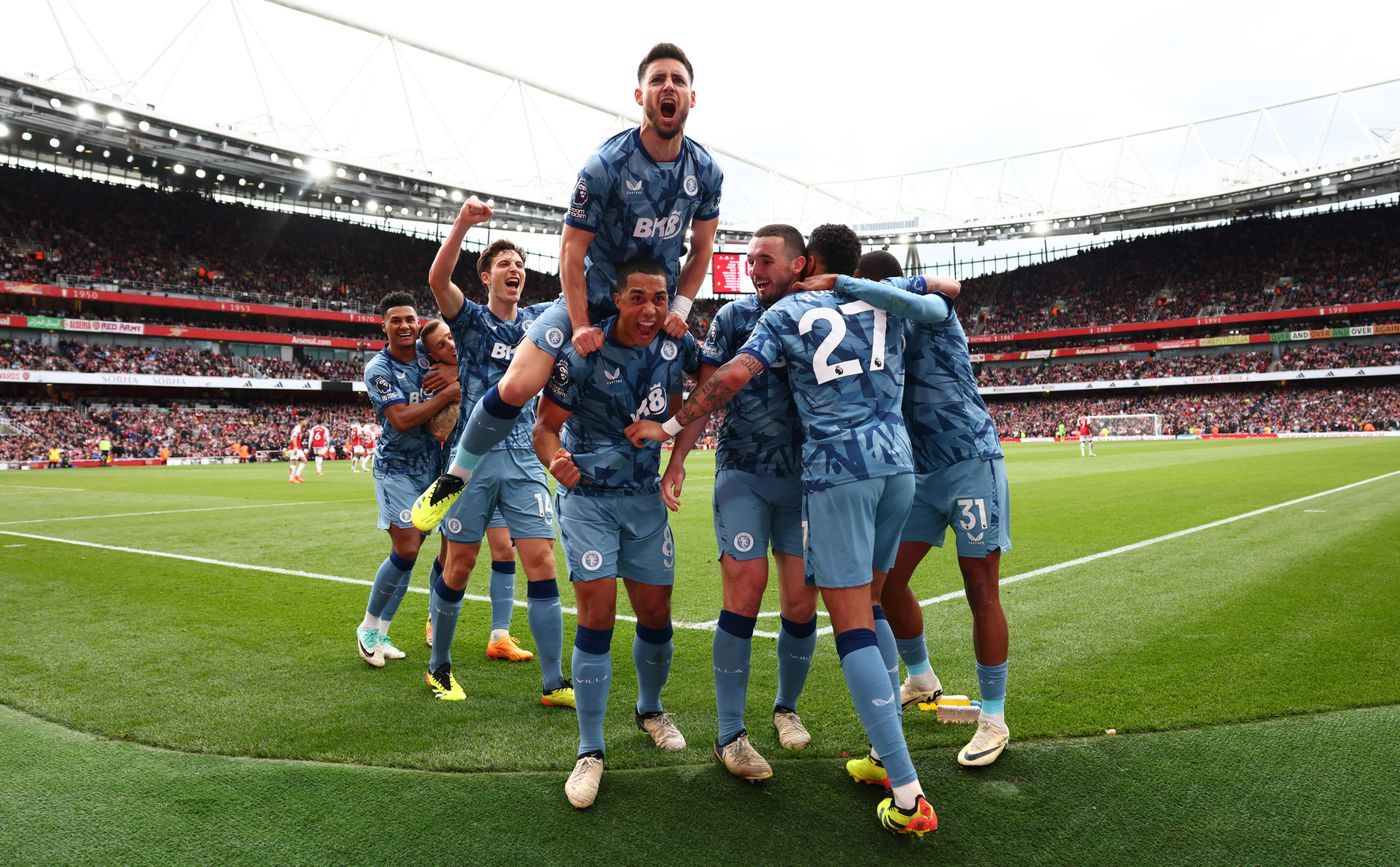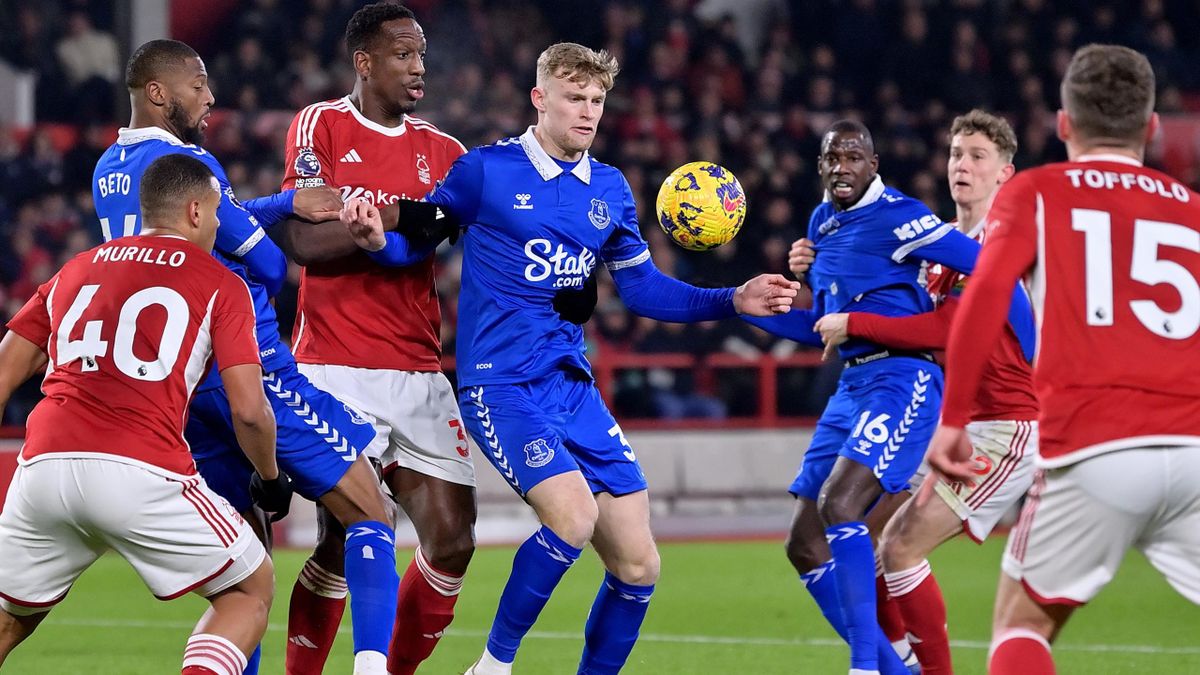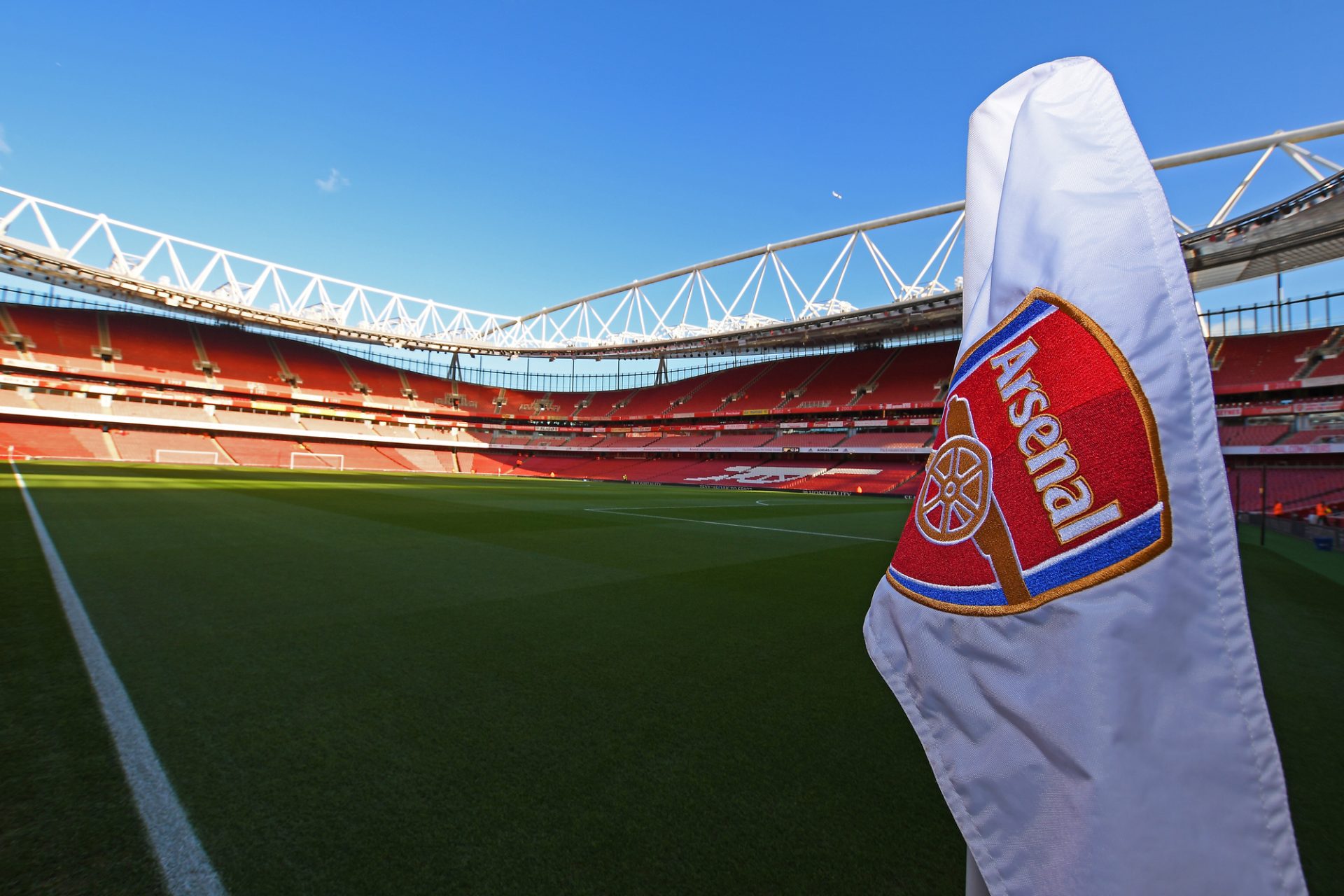What Is The Difference Between FC And SC In Soccer?
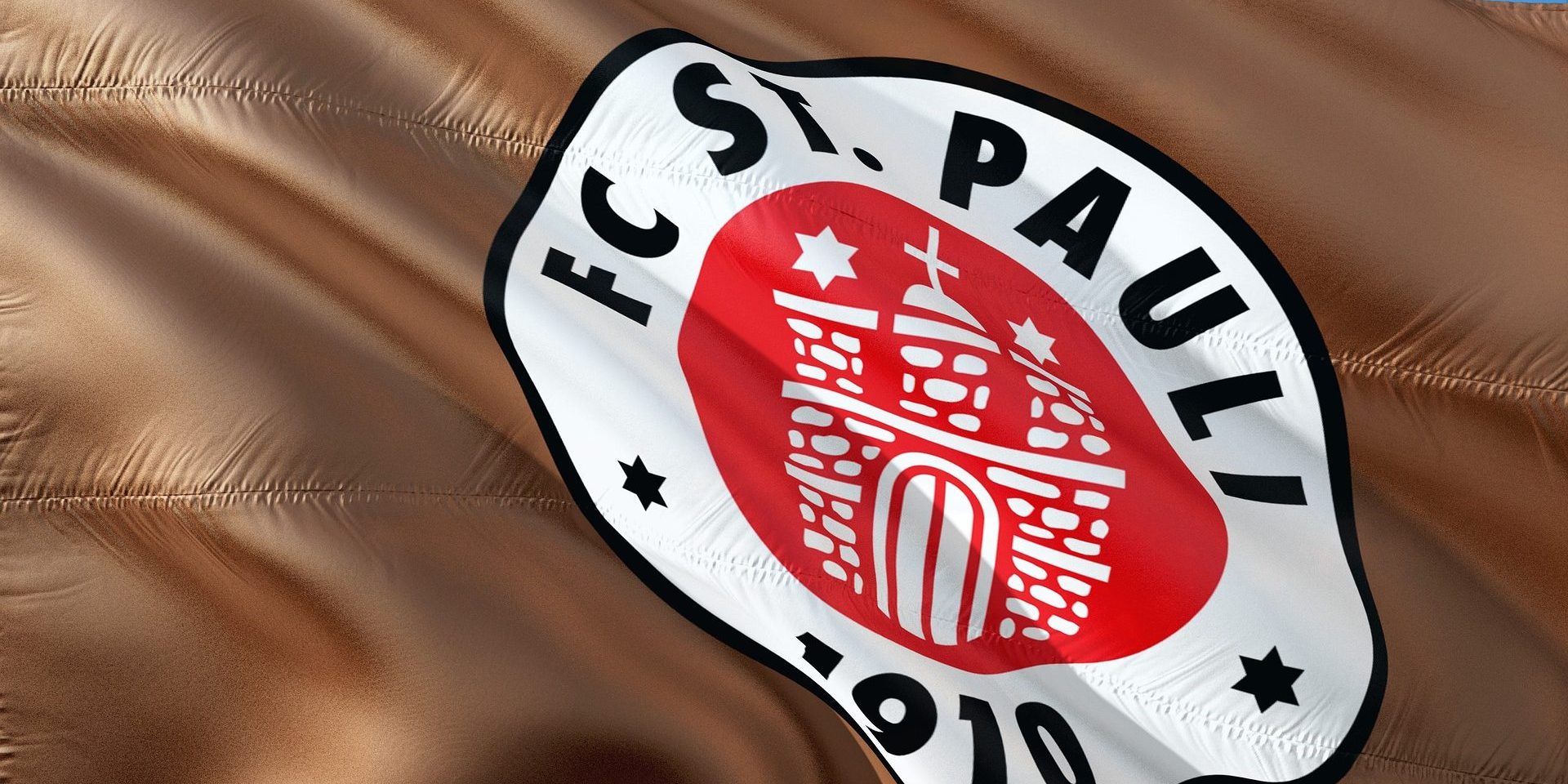
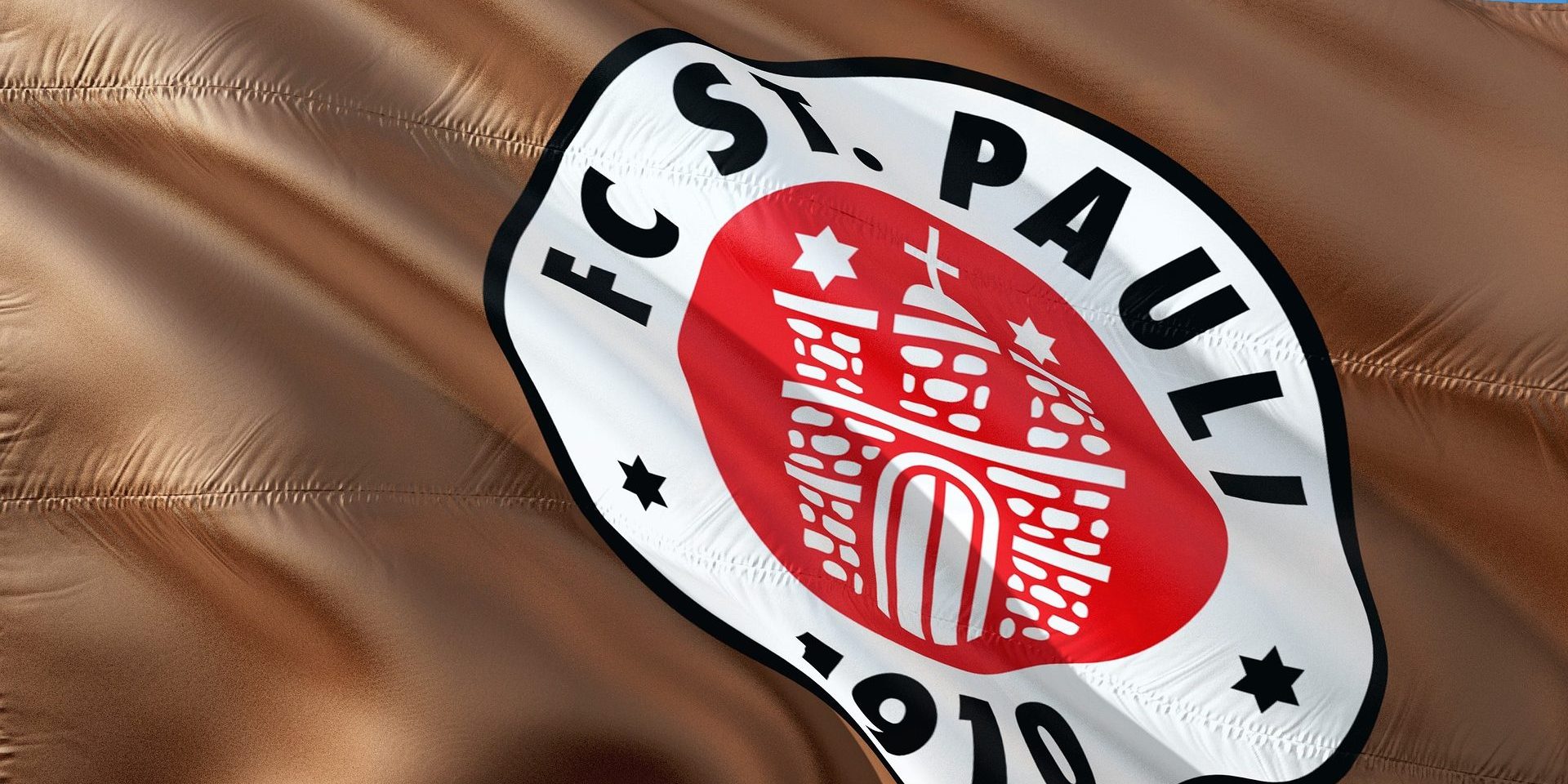
Table of Contents
When exploring the world of soccer, one may come across teams designated with the abbreviations FC or SC. FC stands for Football Club, while SC stands for Soccer Club. These abbreviations serve as a shorthand to signify a club’s involvement in the sport, with no difference in the level of play or status implied by the two terms.
The choice between FC and SC is often rooted in geographical preferences and the traditional naming conventions of the region. For instance, FC is more commonly used in Europe, where the sport originated and is referred to as football. In contrast, SC can be more prevalent in the United States, where the term soccer distinguishes the sport from American football.
Despite the different terminology, the essence of what these clubs represent remains the same: organized groups dedicated to playing, promoting, and supporting soccer. The terms are interchangeable in the sense that they both signify a club’s identity within the soccer community, without bearing on the gameplay or competition level.
Origins and Evolution of Soccer Clubs
Soccer clubs have emerged and evolved significantly since the 19th century, largely influenced by social and cultural developments. They have transformed from informal gatherings into established entities, contributing to the global expansion of the sport.
Historical Development
England is often considered the birthplace of association football (soccer). In the 19th century, various forms of football were played in schools and communities, leading to a desire for a standardized set of rules. Clubs originated from these local competitions and traditions, with Sheffield FC, founded in 1857, acknowledged as the world’s oldest football club. The formation of the Football Association in 1863 marked a pivotal moment in soccer history, providing a framework for clubs to compete systematically.
The FA Cup, established in 1871, was the first competition inviting various football clubs to contest in a formal structure. This led to a more organized system with established leagues and cup contests. By the late 19th century, soccer clubs had become cornerstones of local communities, embodying the traditions and competitive spirit of the regions they represented.
Global Expansion
The expansion of soccer and its clubs on a global scale was a direct result of the sport’s adaptability and its ability to merge with different cultural traditions. South America saw soccer introduced by expatriates, with countries like Brazil and Argentina adopting the sport enthusiastically, leading to the establishment of prominent clubs by the turn of the century.
In Europe, soccer clubs grew rapidly, with many countries forming their leagues and competitions, paralleling the tradition established in England. Major League Soccer (MLS) in the United States represents a newer wave of professional soccer club evolution, having begun play in 1996. Today’s clubs are as much a business enterprise as they are a sporting endeavor, with community roots intertwined with global branding and market presence.
Understanding Football Club (FC) and Sporting Club (SC)
In exploring the distinctions between FC and SC, one delves into the varied uses of these abbreviations across different cultures and regional football associations.
Definitions and Concepts
Football Club (FC) and Sporting Club (SC) are terms that signify different types of sports associations. An FC typically refers to a Football Club, a term widely utilized in Europe and other regions where association football is the primary sport represented by the club. The use of “FC” often indicates that football is the central or exclusive focus of the club.
In contrast, SC can stand for Soccer Club or Sporting Club. As Soccer Club, it is an Americanized term for a football association, reflecting the broader use of “soccer” to describe the sport in the United States to differentiate it from American football and gridiron. On the other hand, Sporting Club may indicate an organization with a broader athletic scope that may include various sports beyond football, such as rugby or athletics.
Cultural and Regional Differences
The choice between FC and SC is deeply rooted in cultural and regional preferences. In Europe, where the sport originated and is commonly known as football, teams traditionally employ “FC” within their branding. Examples include FC Barcelona in Spain and Liverpool FC in England, emphasizing their identity as football clubs.
On the other side of the Atlantic, the term “SC” has gained popularity in branding, particularly in the United States where the word “soccer” is the standard term for the sport. Clubs often choose “SC” in their names to appeal to the American fanbase, as seen with Major League Soccer (MLS) teams like Columbus SC.
Moreover, in regions like South America where football’s popularity is immense, “FC” is a hallmark of team names, reflecting the deep cultural significance of soccer as part of the region’s identity.
These abbreviations also represent the club’s approach to the association; an association football club identified as an FC is likely centered solely on the football department, while an SC may cater to multiple sports disciplines within the organization.
Clubs Identification and Branding
The terms FC and SC in soccer are not merely abbreviations; they play a significant role in club identification and branding. These titles reflect the club’s heritage, connect with the fan base, and are used strategically in marketing efforts.
Naming Conventions
Major League Soccer (MLS) teams often use FC (Football Club) or SC (Soccer Club) as part of their official names, guiding how they are identified globally. For instance, Atlanta United FC and FC Dallas use “FC” to align with an international audience and pay homage to traditional European clubs, such as FC Barcelona, Manchester United, and Liverpool FC. In contrast, clubs like Real Madrid and those in Italy, like Associazione Calcio Milan, may use local language variations such as “Club de Fútbol” or “Calcio” reflecting their cultural roots. FIFA, the global governing body of soccer, recognizes these naming conventions as part of the sport’s rich tapestry.
Marketing and Fan Engagement
The choice between FC and SC can influence a team’s marketing strategy and fan engagement. Teams use their names to resonate with specific audiences; for example, “SC” appeals to American fans more familiar with the term “soccer” rather than “football.” This distinction in branding helps clubs like Atlanta United FC and FC Dallas differentiate themselves within Major League Soccer, targeting their content to both hardcore supporters and casual sports viewers. Clubs maintain a strong identity and heritage, ensuring fans feel part of a community that extends beyond the pitch.
What Is The Difference Between FC And SC In Soccer? – Frequently Asked Questions
In this section, key distinctions between ‘FC’ and ‘SC’ in soccer are addressed through common inquiries to clarify their meaning and usage within the sport.
What does ‘FC’ stand for in the context of soccer team names?
‘FC’ is an abbreviation for ‘Football Club’, commonly used by soccer teams to denote their status as a team or organization primarily involved in playing football.
Can you explain the significance of ‘SC’ when used by soccer clubs?
‘SC’ stands for ‘Soccer Club’, and it indicates a club’s involvement in the sport of soccer. It is often used in regions where the term ‘soccer’ is preferred over ‘football’.
Why do soccer clubs often include initials like ‘FC’ in their names?
Soccer clubs include initials like ‘FC’ in their names to formally identify themselves as organized groups dedicated to the sport of football, to distinguish themselves from other types of clubs and to establish a professional identity.
Is there a historical reason soccer teams use ‘FC’ in their titles?
The use of ‘FC’ dates back to the late 1800s in England where soccer clubs began formalizing and used ‘FC’ as a way to signify their dedicated participation in Association Football.
How are soccer teams that use ‘SC’ typically different from those using ‘FC’?
Soccer teams using ‘SC’ may not be fundamentally different from those using ‘FC’, but the use of ‘SC’ often reflects regional language preferences and the term ‘soccer’ used to distinguish the sport from other forms of football, such as American football.
What are the implications of ‘FC’ in terms of a soccer club’s structure and operations?
The use of ‘FC’ does not dictate a soccer club’s structure and operations, but it traditionally indicates a club’s core function is to play and promote football, guiding its operational principles and organizational focus.



